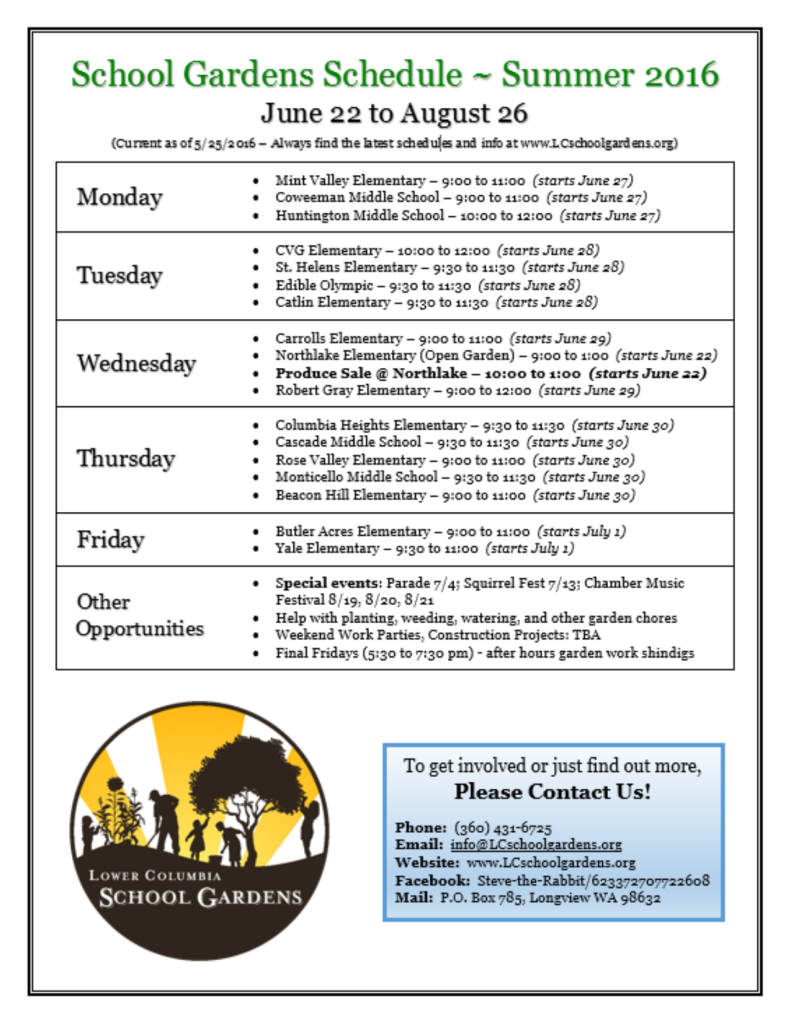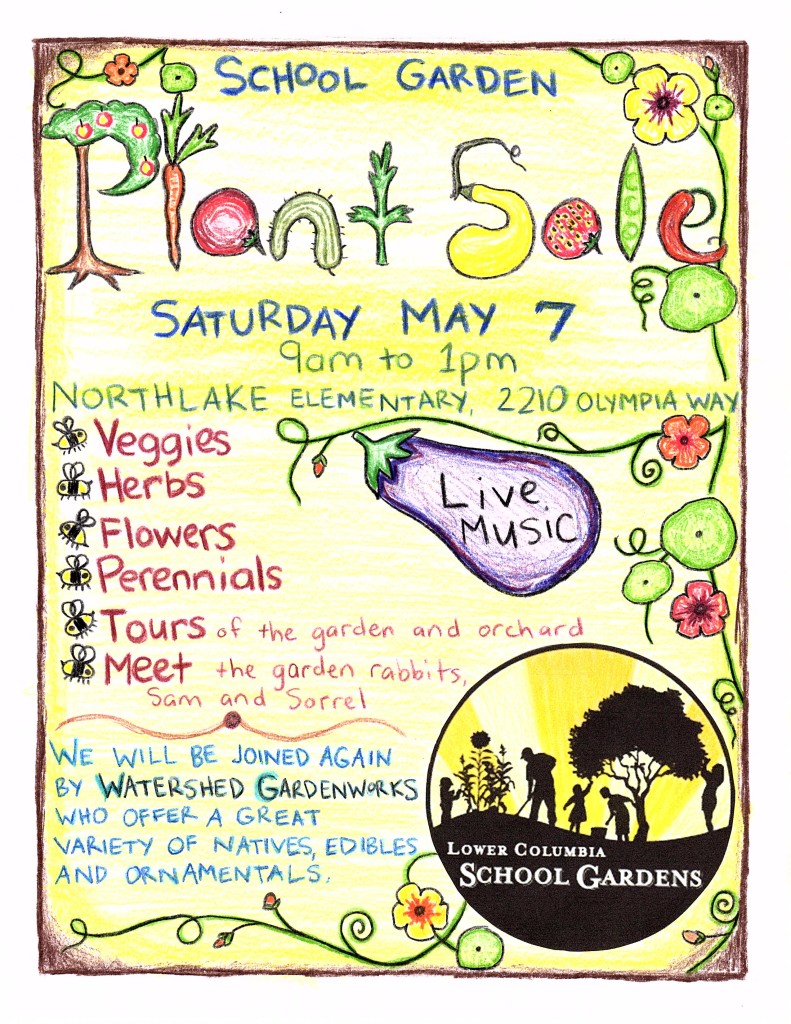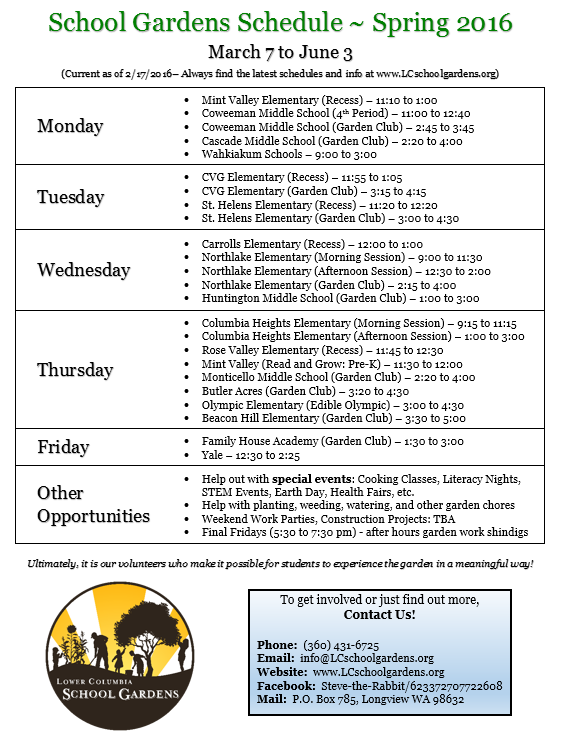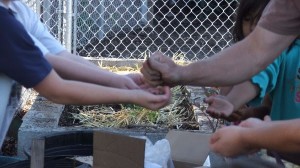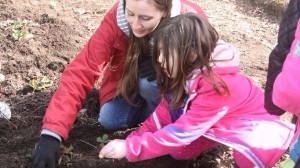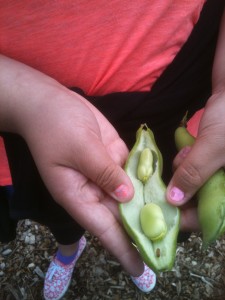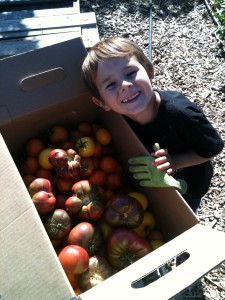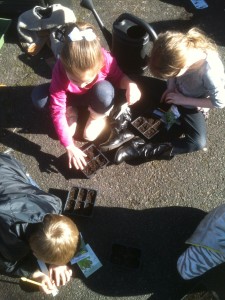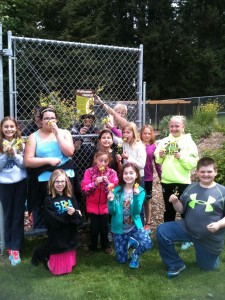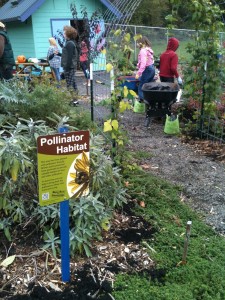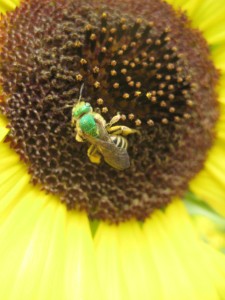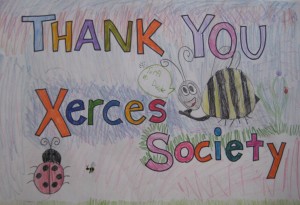Many folks have been asking for the recipe we use to make pizza dough…
- 6 1/2 cups organic all-purpose flour
- 1 1/2 TBSP kosher salt
Mix flour and salt together in a large bowl using a whisk or a fork.
- 3 cups luke warm water (if water is too hot it will kill the yeast)
- 1 TBSP yeast
In a separate bowl or pitcher, mix water and yeast together and let sit until yeast gets happy and smelly (15-20 min).
Just before pouring liquid into flour/salt, mix 1/8 cup olive oil with the yeast and water, using a whisk.
Pour liquid into flour/salt and mix together with bare hands or wooden spoon. Don’t over-mix, and you don’t have to do any kneading of the dough.
Cover bowl with a dry towel or loose lid and allow to sit on the counter for a few hours, then place in fridge, covered, until you are ready to use it.
For pizza made at home, take a piece of the dough out of the fridge (it’ll last around a week in the fridge but after that it starts to get a little more on the sour side) and let it sit for a few minutes before working with it. Use a decent amount of flour and a rolling pin to roll it out and then put it on a baking pan, or stretch it out directly on the baking pan. Then add toppings, etc. and bake at 450 degrees for about 10 – 15 minutes. You can also par-bake the crust if you want to add more substantial amounts of toppings.
For our big events, we make many trays of dough balls:
After dough has risen on the counter for a few hours and then has spent some time in the fridge, form the dough balls. With floured hands, grab a baseball-sized hunk and cut it off with scissors. Instead of trying to wad and squeeze it into a ball, you want to stretch and pull the sides around, forming a tight round skin. The underside, where the stretched sides come together, will look messy and ragged. Watch this guy do this with a larger loaf:
https://www.youtube.com/watch?v=hDBJkxoNpE8Space the dough balls, smooth side up, on an oiled baking sheet. Use these balls in a few minutes, or cover w plastic wrap and return to fridge for later use (up to a week). We like to stretch the dough to form thin crusts, but occasionally use a roller.
(
The original recipe from “Artisan Bread in 5 Minutes a Day” is here. The only difference with turning it into pizza (instead of a loaf of bread) is this: instead of shaping it into a loaf, you simply shape it into a thin flat disc, using as much flour as you need to keep it from sticking to your hands or to a pan. Add minimal ingredients on top and throw it into a 450-degree oven for about 10 minutes – could just be on a sheet pan, or a pizza stone if you’re fancy.)
Back to Basics ~ tips and techniques to create a great loaf in 5 minutes a day.

